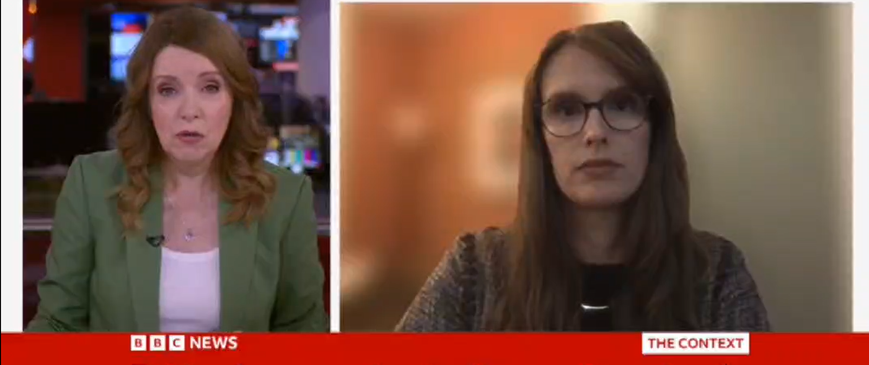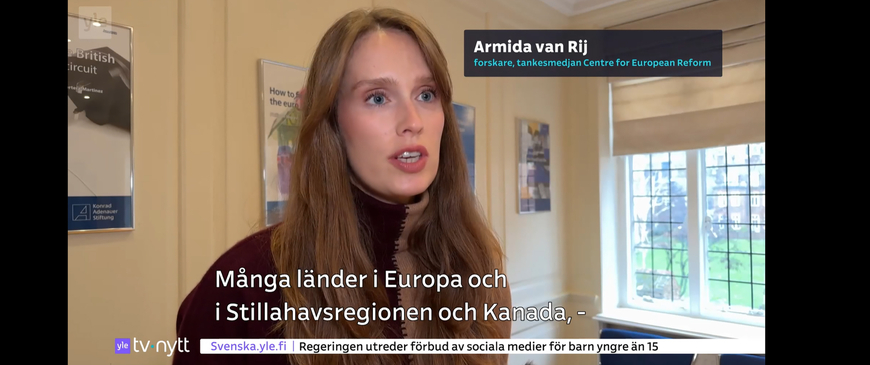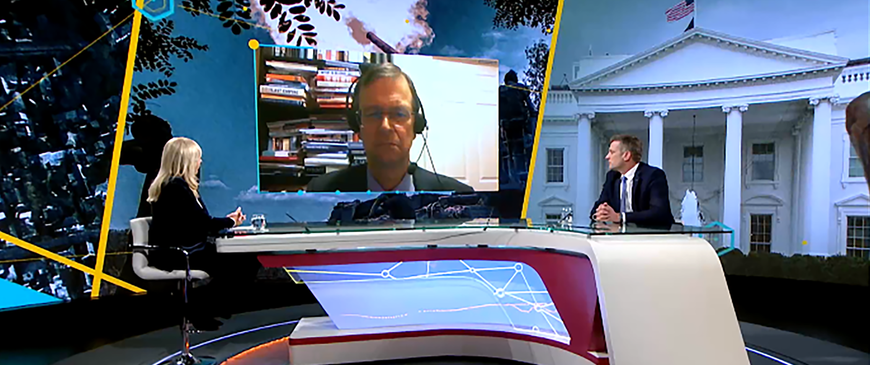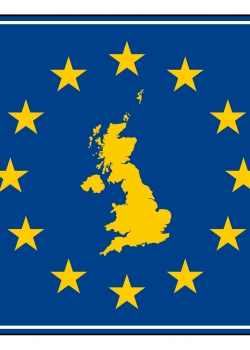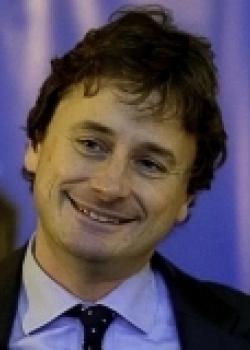Press
Britain and the EU
01 June 2012
The Economist
The end result is a long (very long) 20,000 word paper for the Centre for European Reform think tank, who have kindly published the results this week (though I am, in general, a bit more sceptical about the project than the CER). The paper draws on meetings and interviews, on and off the record, with ministers, MPs, MEPs, politicians, national officials, EU officials and think-tankers, reflecting all shades of Euro-opinion, in London, Brussels, Paris and Berlin. It also offers a sort of potted history as to how we got here: why Britain is a uniquely grumpy member of the club.
Europe's top banker urges new union
31 May 2012
The Wall Street Journal
Mr Draghi's calls for more European integration are "spot on," said Philip Whyte of the London-based think-tank the CER "It's a totally dysfunctional currency union. You need reforms to make a more fiscally centralised union," he said
European voices go silent on Syria
31 May 2012
The Washington Post
"The atmosphere in Europe has changed fundamentally. Yes, we were in an economic crisis in 2011, when Libya happened, but there was still a sense it was a manageable crisis. Europe had confidence that it doesn’t have today," said Tomas Valasek of the CER in London.
Irish vote to wield big say over euro growth debate
30 May 2012
Agence France Presse
"If Ireland votes 'yes,' that will mean a big morale boost for (German Chancellor Angela) Merkel after a series of political setbacks," said Hugo Brady of the London-based CER.
Irish referendum: Taking a punt
30 May 2012
The Guardian
It comes down, as the CER said, to a choice between fear and anger, both negatives. Of course the car could change course and stop for a service on the way. That is the least likely option at the moment, because it would mean German taxpayers, who already believe they have gone through their years of pain, going through a few years more.
The state of Europe's economy
30 May 2012
BBC Radio - The World Tonight
As borrowing costs in Spain have risen close to 7 per cent, Simon Tilford of the CER speaks to The World Tonight on the state of Europe's economy.
From 16.50 min
From 16.50 min
Is EU short on options to end violence in Syria?
30 May 2012
Middle East Online
The bloc's fledgling foreign service, under the leadership of Catherine Ashton, can do very little as "EU diplomacy is still the lowest common denominator," said Edward Burke of the CER.
Greece and the eurozone: Managing the crisis
29 May 2012
Open democracy
How the eurozone handles Greece will determine whether or not the single currency survives - and hence the future of the European Union as a whole.
Lagarde worries little for Greeks
28 May 2012
The Sydney Morning Herald
An Irish ''no'' would not by itself derail the fiscal treaty - only 12 eurozone countries are required to ratify it. But Hugo Brady, of the CER, said: ''The sense of a backlash against austerity would be much enforced.''
Hague, Lavrov smooth over Syria
28 May 2012
The Moscow Times
Edward Burke of the CER, said Britain was concerned about worsening ties after Putin's return to the Kremlin. "Hague is a pragmatist. … He does not like microphone diplomacy."
All pain, no gain: The Irish backlash that could mean a 'No' to Europe's austerity plans
27 May 2012
The Telegraph
"A No vote in the only popular poll on current efforts to save the euro would be hugely damaging to the treaty, in that it would signal to investors that if it was put to a vote in many countries, it would not get past," said Hugo Brady, of the CER.
An ever-deeper democratic deficit
26 May 2012
The Economist
The Lisbon treaty gives national parliaments only a limited role. Charles Grant of the CER, suggests enlarging this. He would give more prominence to COSAC, the group that brings together national parliaments' European affairs committees, perhaps putting a delegation of national MPs in Brussels to work more closely with the European Parliament.
Cameron tells eurozone how to solve crisis
24 May 2012
Financial Times
"Intellectually, I think Cameron is right with his analysis," says Charles Grant, director of the Centre for European Reform. "But the way he has said it has increased concern in the markets and that has damaged Britain's soft power."
Europe's odd couple sets off on right foot
24 May 2012
Agence France Presse
But can he [Hollande] make a meaningful difference? "Only if he handles Merkel with great diplomatic dexterity," said Charles Grant of the CER. "Until recently, many German leaders seemed disconcertingly certain that their policies for dealing with the eurozone crisis were absolutely right."
Eurozone countries appear far from compromise
24 May 2012
The Washington Post
“At this juncture, it’s hard to see how the Germans could make big concessions,” said Simon Tilford, of the CER. “What could potentially open up space for the Germans to make big changes would be a Greek departure”
Europa afronta dividida la cumbre del crecimiento
23 May 2012
RTVE
Para SimonTilford, del CER, Alemania debe afrontar una difícil elección: "O niveles de inflación más altos a costa de la confianza del electorado alemán en el euro o la suspensión de pagos de varios Estados soberanos que, en última instancia, provocaría el colapso de la moneda común."
Eurozone needs higher German inflation
23 May 2012
BBC News
Simon Tilford talks to the BBC and the need for higher German inflation at 6.35.
Merkel's choice: Pay out or stop playing the game
21 May 2012
Evening Standard
The euro project turns out to have been based on half-truths and false promises, yet as Simon Tilford of the CER says, abandoning it now could be even worse. Rich nations never expected to offer indefinite support to poor ones, nor poor ones to have their lives shrivelled by crushing debts.
Greek crisis poses unwanted choices for Western leaders
20 May 2012
International Herald Tribune
"Anyone who thinks a Greek departure would be cleansing and not cause systemic contagion is deluding themselves," said Simon Tilford, chief economist at the CER in London.
Greek crisis poses unwanted choices for Western leaders
20 May 2012
International Herald Tribune
"If Greece goes, there would have to be a clear signal from Germany that it would do everything necessary to keep Spain, and that the ECB will do all it must to help Spanish banks," said Charles Grant, director of the CER. "It really comes down to the Germans," Mr Grant said. "If they don’t do the right thing, the euro zone comes closer to unraveling."

